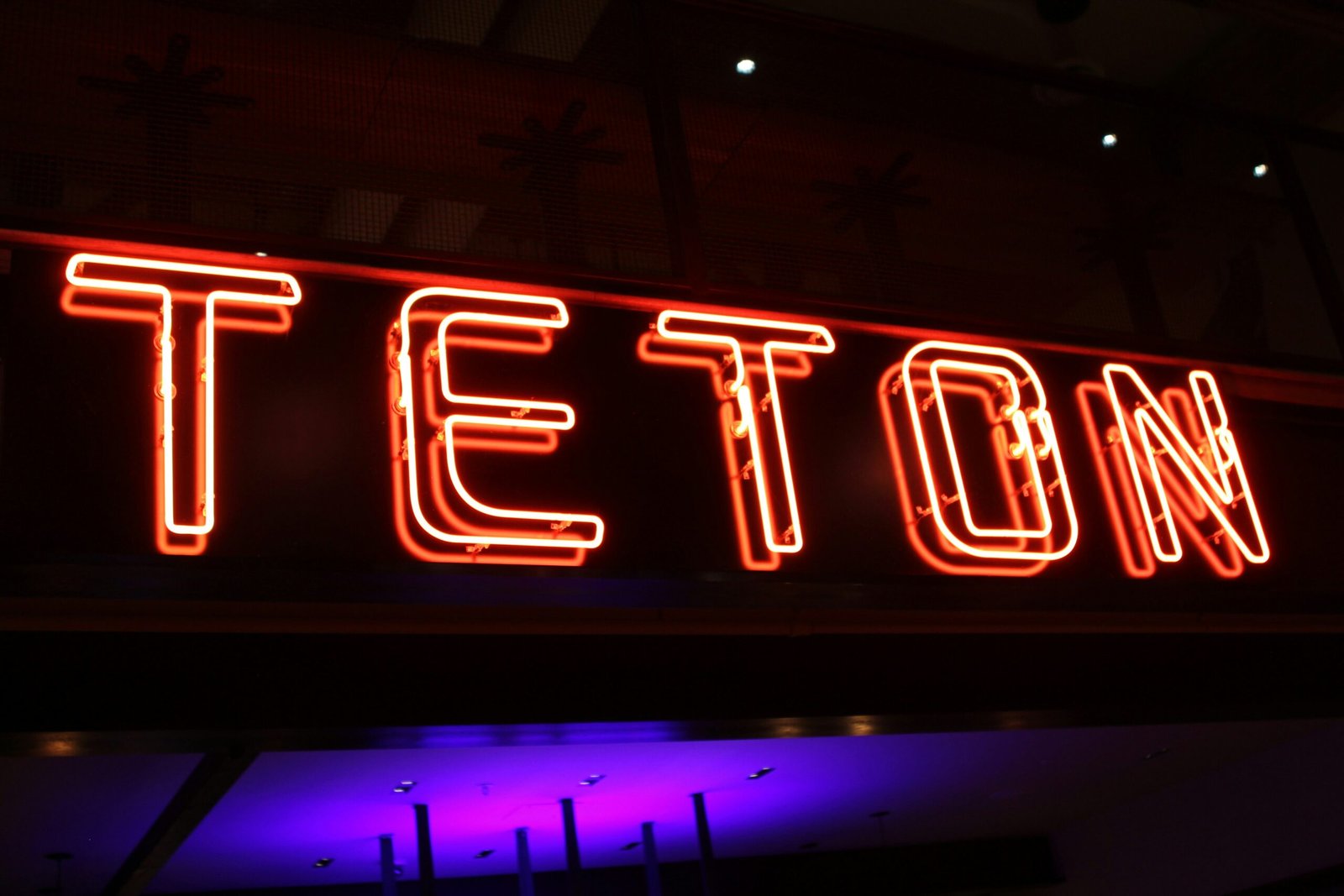
The incident between Chris Brown and Rihanna was a turning point in both their lives and in the way society viewed celebrity relationships. The news of the assault spread like wildfire, dominating headlines and sparking a heated debate about domestic violence. As more details emerged, it became clear that this was not an isolated incident, but rather a culmination of a toxic and volatile relationship.
The incident itself was brutal and shocking. Reports revealed that Chris Brown had physically assaulted Rihanna during an argument, leaving her with visible injuries. The graphic images of her bruised and battered face circulated widely, serving as a stark reminder of the devastating effects of domestic violence.
The aftermath of the incident was equally as tumultuous. Both Chris Brown and Rihanna faced intense media scrutiny and public backlash. While some condemned Chris Brown for his violent actions, others questioned Rihanna’s role in the incident, perpetuating victim-blaming narratives. The incident also sparked a larger conversation about the prevalence of abuse in celebrity relationships and the responsibility of public figures to set a positive example.
As the legal proceedings unfolded, Chris Brown was charged with felony assault and making criminal threats. He later pleaded guilty and was sentenced to probation, community service, and counseling. The incident had a profound impact on his career, with many sponsors and radio stations dropping him from their platforms.
For Rihanna, the incident marked a turning point in her personal and professional life. While she initially struggled with the aftermath, she eventually found the strength to speak out about her experience and become an advocate for survivors of domestic violence. Through her music and philanthropy work, she has used her platform to raise awareness and support organizations that help victims of abuse.
The Chris Brown and Rihanna incident serves as a stark reminder of the dark side of celebrity relationships. It shed light on the prevalent issue of domestic violence and the need for society to address it head-on. While the incident was undoubtedly a low point in both their lives, it also sparked a larger conversation about the importance of healthy relationships and the responsibility of celebrities to use their influence for good.
The incident sent shockwaves through the music industry and beyond, as fans and the public grappled with the reality that two seemingly perfect celebrities were embroiled in such a violent and abusive relationship. People questioned how such a talented and successful couple could have reached such a breaking point.
As news of the incident spread, the media frenzy surrounding Chris Brown and Rihanna reached a fever pitch. Tabloids and news outlets dissected every detail of their relationship, speculating on what could have led to such a violent outburst. The public’s curiosity was insatiable, as they tried to piece together the puzzle of what happened that fateful night.
In the aftermath of the incident, both Chris Brown and Rihanna were thrust into the spotlight for reasons they never could have imagined. Rihanna became a symbol of strength and resilience for survivors of domestic violence, while Chris Brown faced intense scrutiny and backlash for his actions. The incident not only affected their personal lives but also had a profound impact on their careers.
Rihanna, known for her empowering anthems and fierce persona, channeled her pain and trauma into her music. She released the critically acclaimed album “Rated R,” which delved into themes of resilience and self-empowerment. The album served as a cathartic outlet for her emotions and resonated deeply with fans who had experienced similar struggles.
Chris Brown, on the other hand, faced a significant backlash from the public and the music industry. Many radio stations boycotted his music, and he was dropped from endorsement deals and concert tours. The incident tarnished his once-promising career and forever changed the way he was perceived by the public.
Despite the immense challenges they faced individually, both Chris Brown and Rihanna used the incident as an opportunity for growth and self-reflection. They became advocates for domestic violence awareness, using their platform to raise awareness and support organizations dedicated to helping survivors. Their personal journeys towards healing and redemption became a source of inspiration for many.
The incident between Chris Brown and Rihanna serves as a stark reminder that domestic violence can affect anyone, regardless of their fame or success. It ignited a global conversation about the prevalence of abuse and the importance of supporting survivors. The impact of that night continues to be felt, as it serves as a stark reminder of the need for education, prevention, and support for those affected by domestic violence.
The Aftermath: Legal Proceedings and Public Outcry
Following the incident, Chris Brown turned himself in to the police and was charged with felony assault and making criminal threats. The legal proceedings that followed were closely watched by the media and the public. Brown eventually pleaded guilty to the charges and received probation, community service, and counseling as part of his sentence.
While the legal system dealt with the case, public opinion was divided. Some fans stood by Chris Brown, believing that he deserved a second chance, while others condemned his actions and called for justice. Rihanna, on the other hand, became a symbol of strength and resilience for survivors of domestic violence.
The court proceedings were highly publicized, with media outlets providing daily updates on the trial. The evidence presented against Brown was damning, including graphic photos of Rihanna’s injuries and testimonies from witnesses who had seen the altercation. The prosecution argued that Brown’s actions were premeditated and demonstrated a pattern of abusive behavior. On the other hand, Brown’s defense team claimed that he had acted out of anger and regretted his actions.
As the trial progressed, the public became increasingly vocal about their opinions on the matter. Social media platforms were flooded with heated debates, with hashtags like #TeamChris and #TeamRihanna trending worldwide. Advocacy groups for survivors of domestic violence seized the opportunity to raise awareness and educate the public about the prevalence and consequences of such abuse.
Outside the courtroom, protests and rallies were held, demanding justice for Rihanna and all victims of domestic violence. Celebrities and activists joined forces to condemn Brown’s actions and call for stricter laws and support systems for survivors. The incident sparked a national conversation about the importance of holding perpetrators accountable and providing resources for victims.
Throughout this tumultuous period, Rihanna emerged as a symbol of strength and resilience. She used her platform to speak out against domestic violence, sharing her personal story and encouraging others to seek help. Her courage and determination inspired countless individuals to break the cycle of abuse and seek justice for themselves.
In the end, the legal proceedings against Chris Brown served as a stark reminder of the consequences of domestic violence. While some argued that his punishment was too lenient, others saw it as an opportunity for rehabilitation and education. Regardless of the differing opinions, the incident sparked a much-needed conversation about the prevalence of domestic violence in society and the urgent need for change.
The Broader Issue: Abuse in Celebrity Relationships
The Chris Brown and Rihanna incident shed light on a much larger issue: abuse in celebrity relationships. While their case was highly publicized, it was by no means an isolated incident. Countless other celebrities have faced similar situations, often hidden behind closed doors.
One of the challenges in addressing abuse in celebrity relationships is the power dynamics at play. Celebrities often have a team of publicists, managers, and agents who work to protect their image. This can make it difficult for victims to come forward, fearing the consequences of speaking out. The fear of losing their career, reputation, and fan base can be overwhelming, leaving victims trapped in a cycle of abuse.
Furthermore, the media’s obsession with celebrity gossip and scandal can sometimes overshadow the seriousness of the issue. Instead of focusing on the root causes of abuse and providing support to victims, the media often indulges in sensationalism and victim-blaming. The constant scrutiny and invasion of privacy can exacerbate the trauma experienced by victims, making it even harder for them to seek help and break free from their abusive relationships.
Another factor that contributes to the perpetuation of abuse in celebrity relationships is the culture of idolization and adoration that surrounds celebrities. Fans often idolize their favorite celebrities, putting them on pedestals and overlooking any problematic behavior. This enables abusive celebrities to continue their harmful actions without facing consequences, as their fans are unwilling to hold them accountable.
In addition, the entertainment industry itself can be complicit in enabling abuse. The pressure to maintain a certain image and meet the demands of a highly competitive industry can create a toxic environment where abusive behavior is normalized or even encouraged. This toxic culture not only affects celebrities but also trickles down to aspiring artists and industry professionals, perpetuating a cycle of abuse.
Addressing abuse in celebrity relationships requires a multi-faceted approach. It involves creating a safe and supportive environment for victims to come forward, dismantling the power dynamics that protect abusers, and challenging the media’s sensationalism and victim-blaming. It also requires a shift in the culture of idolization and adoration, where fans hold their favorite celebrities accountable for their actions.
Ultimately, by addressing abuse in celebrity relationships, we can send a powerful message that no one is above the law and that abusive behavior will not be tolerated, regardless of fame or status. It is crucial to prioritize the safety and well-being of all individuals, including those in the spotlight, and work towards creating a society where healthy and respectful relationships are the norm.
Breaking the cycle of abuse requires a multi-faceted approach that goes beyond raising awareness. While awareness is an essential first step, it is equally important to address the root causes of abuse and provide survivors with the support they need to break free from the cycle.
One crucial aspect of addressing abuse in celebrity relationships is holding abusers accountable for their actions. In the case of Chris Brown and Rihanna, the incident brought to light the issue of violence against women and the need for justice. The legal proceedings that followed served as a reminder that no one is above the law, regardless of their fame or status.
However, the responsibility does not solely lie with the legal system. It is also essential for society as a whole to challenge harmful attitudes and beliefs that perpetuate abuse. This includes examining the way we consume and engage with celebrity culture. Rather than idolizing individuals who have been involved in abusive relationships, we should support those who use their platform to promote healthy relationships and advocate for change.
Education plays a vital role in breaking the cycle of abuse. By providing young people with comprehensive sex education that includes discussions on healthy relationships, consent, and communication, we can empower them to recognize and reject abusive behaviors. It is also crucial to teach young people about the warning signs of abuse and how to seek help if they or someone they know is in an abusive relationship.
Support services are another crucial component in breaking the cycle of abuse. Survivors of domestic violence need access to safe spaces, counseling, and resources to help them rebuild their lives. This includes providing financial assistance, legal aid, and housing options for those who are trying to escape abusive situations.
Furthermore, it is important to recognize that abuse does not discriminate based on gender, sexual orientation, or socioeconomic status. While the Chris Brown and Rihanna incident highlighted violence against women, it is essential to acknowledge that men can also be victims of abuse. By creating inclusive support systems and addressing the unique challenges faced by different communities, we can ensure that no one is left behind in the fight against domestic violence.
In conclusion, breaking the cycle of abuse in celebrity relationships requires a comprehensive approach that includes raising awareness, holding abusers accountable, educating young people, and providing support services to survivors. By working together, we can create a culture of respect and support where no one is subjected to the pain and trauma of domestic violence.




